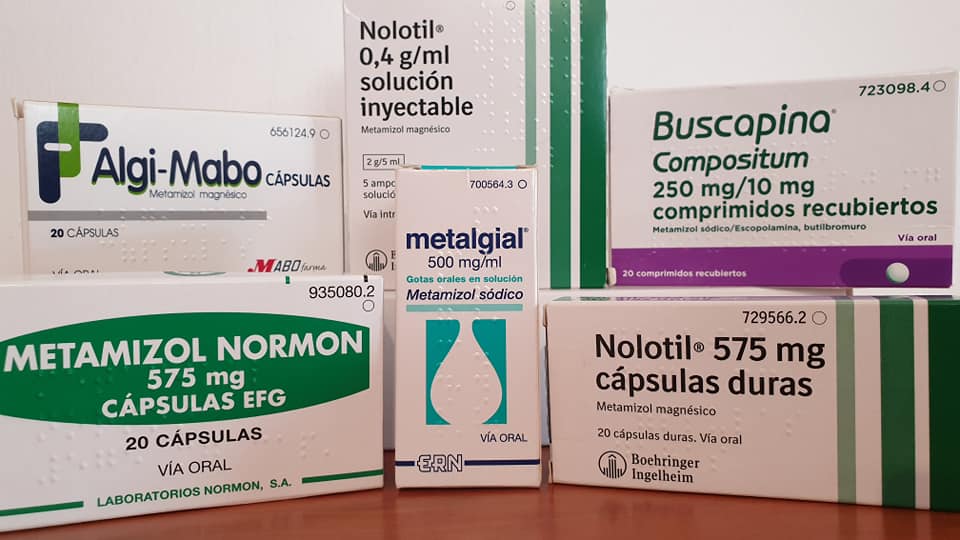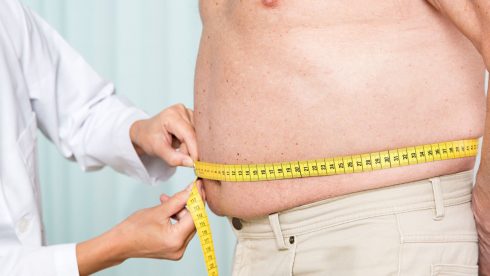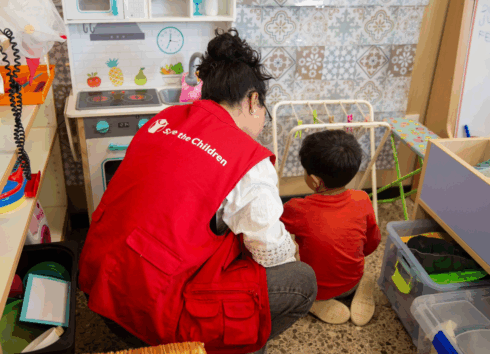THE Telegraph has reported the case of a British Nolotil victim, accusing Spain of ‘playing Russian roulette with people’s lives’.
In recent months, Nolotil has caught the attention of the biggest British media outlets including the Guardian, the Daily Mail and now, the Telegraph.
It comes after an announcement that the drug will be investigated in the Spanish high court following years of campaigning by the Association of Drug Affected Patients (ADAF) and the Olive Press.
The Telegraph interviewed a victim of the drug, 60-year-old Beckie Harris.
READ MORE: Taking Nolotil for extended periods ‘is harmful and potentially deadly’, warn experts in Spain

A Cambridgeshire native, Beckie received a two month course of Nolotil in an Almeria hospital after suffering back pain.
After ‘nearly dying’ as a result of the drug, the expat suffers extreme fatigue, fibromyalgia, skin rashes and allergies.
She told the Telegraph: “I am lucky not to have died but it has been 10 years of torture since then.
“It is if they are playing Russian roulette with patients. I am absolutely disgusted they are still prescribing it to people.”
They also interviewed ADAF founder and campaigner, Cristina del Campo.
According to the paper, they were able to buy multiple packets of the drug over the counter, despite Spanish Medicine Authority (AEMPs) advice not to give Nolotil without a prescription.
In 2018, new advice was issued to stop the drug being given out without proper background checks (including a person’s genetic background) and follow ups.
These are deemed necessary because in some populations, especially northern Europeans, the drug has been shown to drastically reduce white blood cell count (agranulocytosis), prompting sepsis, organ failure and even death.
According to the ADAF, the painkiller is behind 47 deaths, 37 of which were British and Irish expats.
Since 2017, the Olive Press has been pushing for greater restrictions on the drug and is currently running a campaign to urge hospitals and health centres across the country to commit to following AEMPs advice.
So far, 764 people have backed the campaign and five local health authorities have said they will follow the guidance, alongside three major private hospitals.
Click here to read more Other News from The Olive Press.








